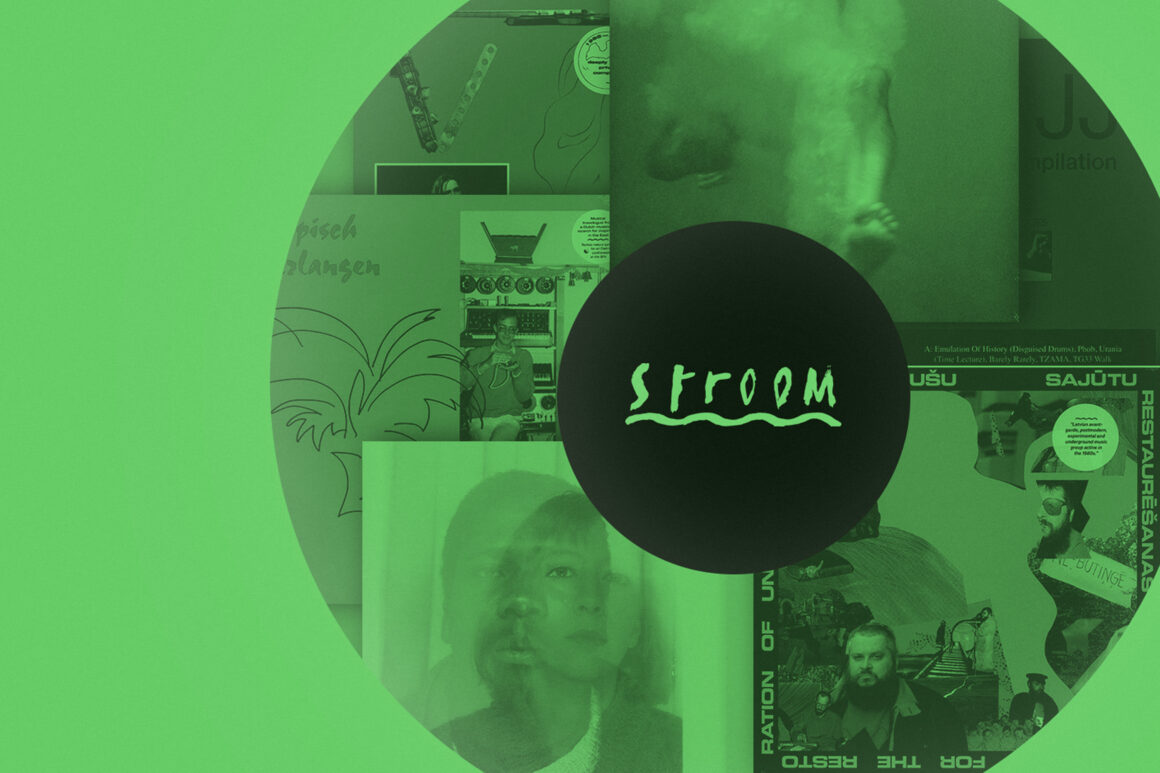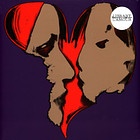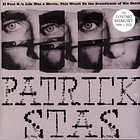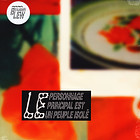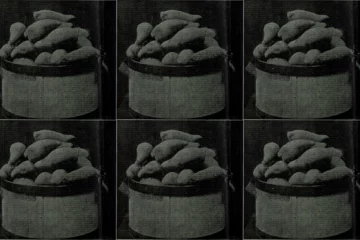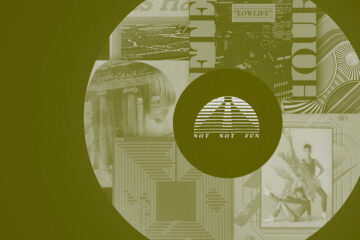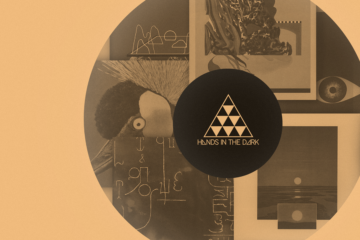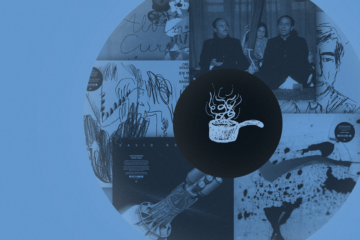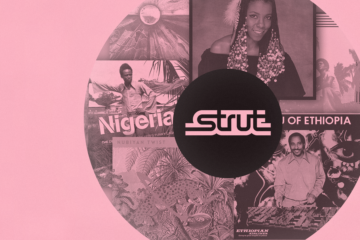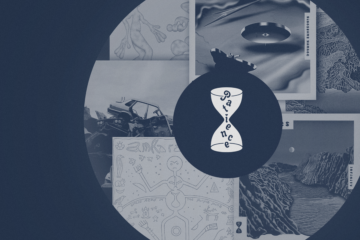Where nothing happens, there is room for possibilities. All it needs is someone to get things rolling. Ziggy Devriendt has become just that person for the sleepy Belgian coastal town of Ostend, even though it took him a while and a few detours on the way there. During his youth, the culturally exciting times of the town where Marvin Gaye had written »Sexual Healing« in the early 1980s were long gone. What remained was the skateboard, a couple of good friends as well as, now and then, an interesting programme hosted by the public radio. This is how he came across Dizzee Rascal’s »Boy In Da Corner«, the first album he buys and one of his entry points into the world of hip-hop.
Devriendt immersed himself in precisely that world even more intensively in Ghent. The city is only an hour’s drive away from his old home town, but the contrast couldn’t have been starker. The local scene was flourishing, Devriendt made connections in the music community and even found a job at the record shop Music Mania. It was at this time, however, that his musical priorities started to shift. »I got bored with the consciousness stuff, the constant preaching,« he says of his departure from rap. »One day, I woke up and it was like my head opened up: suddenly, everything interested me.«
Belgian stories for the world
His urge to discover counterintuitively led him back to the cultural wasteland that was his hometown. Devriendt, at that time already active under the DJ moniker Nosedrip, arrived back in Ostend with a bag full of particularly weird Belgian records and a head full of ideas. In 2015, stroom.tv went online, a radio station with an unusual, audiovisual approach. It filled a gap in northern Belgium while at the same time tapping into the thriving network of community web radios.
This interweaving of local roots and international connections then continues with STROOM. The label was launched in autumn 2016 with the reissue of Alain Pierre’s soundtrack to »Jan Zonder Vrees«, the first animated film from Flanders, and was followed by a compilation dedicated to Devriendt’s personal idol Alain Neffe, a hyperactive multi-instrumentalist known for his work with Bene Gesserit, among others.
»One day, I woke up and it was like my head opened up: suddenly, everything interested me.«
Ziggy Devriendt
Devriendt emphasises that, contrary to what people might think, he is not at all interested in putting out obscure records. In fact, he adds, many of the reissues and compilations on STROOM are full of music that has been made available again and again within certain circles and yet has never left them, which is why he is trying to give it another chance on a global level. »I want to tell Belgian stories to the whole world,« he says, explaining the focus on local icons whose work has mostly been ignored outside of their original sphere of influence and whose creative anarchy is just as riotous today as it was in the days when it was captured by a 4-track recorder.
Music like that of the collective Pablo’s Eye, Siebe Baarda’s project Cybe or Patrick Selinger, whose unlikely smash hit »Businessmen« is a highlight in the early STROOM catalogue, was created in their respective times in almost complete isolation from other local scenes and not infrequently under rudimentary recording conditions. But the imperfect, the weird, the raw is exactly what appeals to Devriendt to this day in his work as label boss and A&R. This also applies to new music, of course. »If someone approaches me to make an album with me and I can hear that they are professional musicians, then I’m not interested,« he laughs.
Uncompromising and personal
It comes as no surprise then that STROOM has become a hub for strange contemporary musical approaches that, between anthologies by Benjamin Lew or reissues by trance bangers from the early nineties, don’t even feel as outlandish as they would elsewhere. The jam project TRJJ, the dust-dry poetry-post-punk of Dali Muru & The Polyphonic Swarm, the Brannten Schnüre offshoot Freundliche Kreisel or Merope’s Baltic Fourth World fantasies: all of that fits together seamlessly because it goes against the grain anywhere else.
And that’s just one of the reasons why so many artists, both old and young, keep returning to STROOM. Another might be that Devriendt is almost obsessively dedicated to the cause, sometimes working for years on reissue projects and building personal bonds with his roster that far exceed the usual relationships between a label and its artists. »I am not diplomatic or professional,« he laughs. What he is instead is uncompromising and personal.
With STROOM, Devriendt has filled a vacuum. He has contributed to a revaluation of the musical history of a socially and subculturally fragmented country by telling this story through the lens of its most unconventional outsiders, but has also put contemporary developments into dialogue with the rest of the world.
Having moved to Athens recently, he still visits his old home town regularly and he sees that a lot has happened there in the meantime. Thanks to STROOM, he reports, the sleepy city has become somewhat of a travel destination for tourists with an unorthodox taste in music. »Ostend gave me nothing and yet the label has become a kind of mascot for the city,« says the man who once saw the possibilities in the void and knew exactly what to do.

